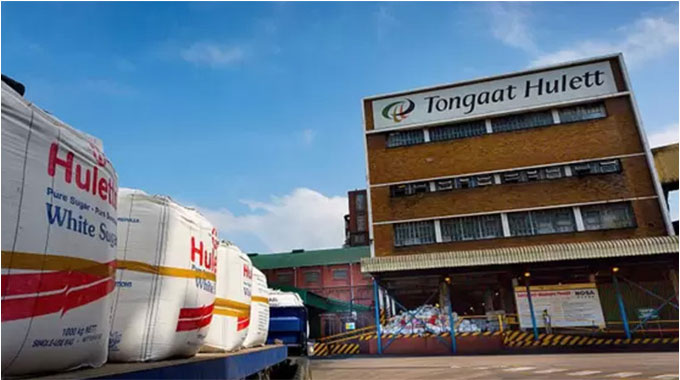Lifeline to save Tongaat Hulett from ‘predatory plan’
It appears there is still light at the end of the tunnel in the Tongaat Hulett saga following a major development for the beleaguered sugar producer — a significant lifeline has been presented to the business rescue practitioners that could save the company from potential liquidation and offer a more favourable outcome for both shareholders and creditors.
The interested party has proposed that an R8 billion capital injection be used to fully settle the claims of creditors — including settlement of 100 percent of unsecured creditors’ claims and approximately R550 million to settle the South African Sugar Association’s statutory claim against it for outstanding levies.
A further allocation of 10 percent of the share capital is to remain in the hands of the current shareholders, which would represent four times the value offered by the Vision Consortium.
A welcome alternative to Vision’s predatory plans
Nearly two years after Tongaat Hulett was placed in business rescue, all eyes will now be on the upcoming shareholders’ meeting on August 8.
The Vision Consortium, led by controversial businessman Robert Gumede, has informed shareholders that they must either vote for its planned debt-to-equity swap, allowing Vision to gain control of the company, or face walking away with nothing.
However, key shareholders, including the Public Investment Corporation, will be convening during this meeting and could potentially prevent Tongaat Hulett from being taken over by the Vision Group.
In terms of Vision’s plan for the company, shareholders’ stake in Tongaat would be reduced to just 2,7 percent, while Vision would retain R3,6 billion of its debt in Tongaat — making it unlikely that shareholders would actually see any returns on their stake.
Tellingly, despite announcing in January 2024 that its proposed plan for the company was accepted, the Vision Group has yet to make the necessary payments to cement its offer for the sugar producer.Moreover, serious question marks remain over whether the Vision Group has even raised the capital needed to fulfil its obligations and secure Tongaat’s future, suggesting potential irregularities or undue influence in the initial acceptance of its bid.
The Vision plan would result in the consortium acquiring Tongaat at a significant discount, while leaving dozens of unsecured creditors and small businesses hanging out to dry. Consider, for instance, that Vision has allocated just R75 million for repaying unsecured creditors – over 10 times less than the alternative proposal and translating to less than five cents in the rand.
The threat of “Plan B”
In a circular distributed to Tongaat Hulett shareholders earlier this month, Vision and Tongaat business rescue practitioners threatened that if this resolution is not passed, they will simply switch to Plan B without shareholder approval.
As the metaphorical “final solution”, this would see the business rescue practitioners attempt to unilaterally sell all of Tongaat Hulett’s assets to Vision or parties nominated by Vision. This, in turn, would risk the break-up of Tongaat Hulett, bringing the 131-year-old company to an ignominious end, and jeopardising thousands of jobs and livelihoods across KwaZulu-Natal.
Additionally, they claim that this would result in shareholders receiving a nil return rather than retaining a 2,7 percent share of Tongaat Hulett. They also warn that Tongaat Hulett could face liquidation if the resolutions are not adopted, on the basis that there is no viable alternative plan.
Critically, this Plan B does not represent a lawful or competent business rescue plan.As a result, if shareholders were to vote against the debt-to-equity conversion, the business rescue practitioners would not be able to lawfully sell Tongaat Hulett’s assets without a new business rescue plan being adopted. Furthermore, the sale of the assets would require shareholder approval, despite what the business rescue practitioners and Vision Group may claim.
Viable alternative
Ultimately, Tongaat Hulett shareholders are not caught between a rock and a hard place — there is now a viable alternative, of which the business rescue practitioners have been fully apprised.
South Africa’s sugar industry is worth in excess of R18 billion per annum, and Tongaat Hulett’s fate will directly impact some 20 000 sugar cane growers in KwaZulu-Natal. — Moneyweb.










